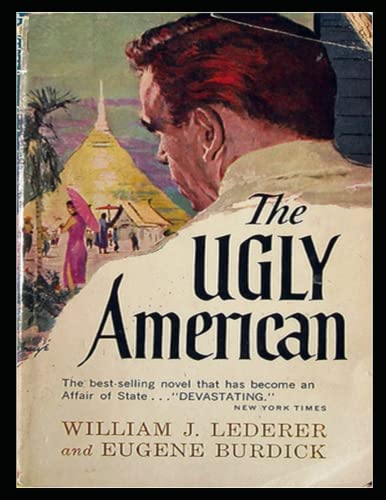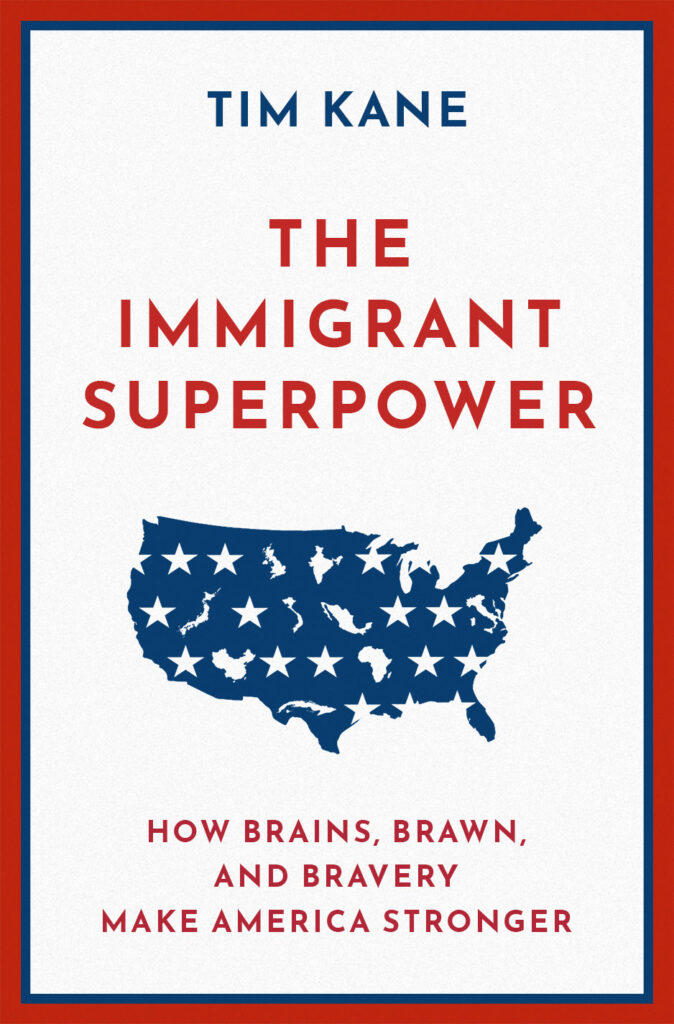by Tim Kane
The Ugly American started as a novel and ended as a catchphrase. It’s used offhand today to describe callous superpower tourists who don’t make any attempt to speak the language. Ugly Americans aren’t there to conquer, that’s so last century. It’s imperialism by credit card, an ignorance of culture beyond what Hollywood appropriates. The label entered the vernacular of global elites and never left. New money, no class.

The eponymous novel was more sophisticated, and a surprise sensation upon its publication in 1958. The first draft of the manuscript was a non-fiction analysis about diplomacy in Southeast Asia, but was converted to fiction at the urging of its publisher. John Kennedy was so impressed that he sent a copy of The Ugly American to each of his fellow Senators. He was inspired by its message to shake up American foreign policy. Upon winning the presidency, Kennedy established the Peace Corps, the Green Berets, and the strategy of counterinsurgency in the bubbling Vietnam conflict. LBJ mentioned the novel during speeches in 1964, remembering its core message that Soviet diplomats in the fictional country of Sarkhan were culturally sensitive, treating the local people with respect, whereas Americans were loud, obnoxious, and haughty.
The catchphrase lives on, even though the underlying reality has changed entirely, especially when it comes to immigration policy. LBJ’s overhaul of America’s immigration laws in 1965 was driven by a desire to change America’s perception in the world and of the world. Starting that year, immigrants were welcomed in a colorblind fashion, with an emphasis on welcoming family members and refugees that set the standard worldwide. George Bush doubled down on that exceptional openness in 1990. And today, there is no nation more welcoming of immigrants than the United States.
The misperception that the public is hostile to immigration is a figment of the media’s imagination. Gallup has found that support among Americans for increasing immigration is five times higher in 2020 than it was all polls from the 1960s to the 1990s. The American people support greater immigration, assimilation, and ethnic diversity than any country in Europe. In a 2016 cross-country study, Pew asked this question to a wide sample of Americans and citizens of 10 European countries: “Do you think having an increasing number of people of many different races, ethnic groups and nationalities in our country makes this country a better or worse place to live?” Not a single European country had a majority favoring more diversity, but 58 percent of Americans did. France, England, Italy, Sweden, and every other country studied were far less welcoming than the United States. In Germany, the ratio of better/worse respondents was 1 to 1, compared to the U.S. where it was over 8 to 1.
What the American People Really Think
Dave Brady is famously cantankerous and hilarious, a distinguished political scientist at Stanford University and a colleague of mine at the Hoover Institution. A few years ago, we talked about how thin most public survey questions are on the topic of immigration. Dave agreed to work with me to develop a new survey of American public attitudes focused entirely on immigration. It turned out our timing was perfect, with Donald Trump elected and immigration being his signature issue. After a year of preparation, we had a lengthy and careful set of nearly thirty questions that we fielded early in the summer of 2017. We repeated the survey for this book with some new and modified questions in January 2020.
Fourteen reforms were considered by our panel. The most popular policy was E-verify, a program that is required by some states but not mandated by the federal government. Four of five people agree that it would be good for U.S. immigration policy to “require employers in all 50 states to electronically verify the citizenship and legal work status of employees.”
Should English be the official language of the United States? Eighty percent of of native and naturalized citizens agreed with this idea, and more than half of those agreed strongly. The third most popular policy proposal is not a reform, rather it is to continue the policy of birthright citizenship, or jus soli. It is currently enshrined in the 14th Amendment.
Strong agreement for two additional approaches stood out. These two policies are supported by a solid majority of Democratic and Republican voters, even though they may sound conservative based on the partisan framing common in the media. The first was harsher penalties for criminal migrants who cross the border illegally multiple times. We found 68 percent agreement for “Prison terms of 10-25 years for illegal immigrants who re-enter the US after being convicted of certain crimes here and deported” and half of that was “strong” support. The second policy with such strong support is related to tightening asylum procedures. Again, 68 percent favored a policy to “Immediately return immigrants caught illegally crossing over the border with Mexico, instead of releasing them to live freely inside the U.S. pending a trial.” The de facto policy is known as catch-and-release, and Americans do not like it.
How did our respondents feel about the thousands of refugees from Honduras, Guatemala, and El Salvador that overwhelmed the US-Mexico border before the Covid-19 lockdown? A majority felt the United States “has a responsibility to accept immigrants who are fleeing violent conditions in their home country,” but only 44 percent agreed that anyone claiming asylum should be automatically accepted. There has to be a screening process.
Only one-third of the American people agree that “Open borders” would be good for immigration policy. And only a third of that third strongly agrees, making it by far the least popular of the immigration policies that we asked about in our survey.
Power in Diversity

The biggest surprise in our deep dive survey is that Americans are amazingly unified across partisan lines when it comes to immigration. They like it, especially legal immigration. In fact, members of the both major political parties have become measurably more favorable toward immigration in the past forty years. And in the 1980 election, Ronald Reagan and George Bush debated whose presidency would be more pro-immigration.
Thirty years ago, President George Bush implemented the Diversity Visa (DV) program to welcome immigrants from countries that had historically been underrepresented. Because most legal immigrants have been selected via family connections since 1965, there has been a path dependency that effectively rewarded countries that got the ball rolling earlier. This pattern occurs often in immigration histories, with enclaves forming in receiving countries that act as a gravitational pull to people from the same region and even town in sending countries. Those enclaves help new arrivals ease their transition and, ironically, assimilate to the new country’s laws, procedures, and norms. With an uncle or sister to guide a new immigrant, one learns far more quickly how to drive, where to bank, how to rent a home, and get groceries.
President Bush saw the strength of the existing family-based system: The Immigration Act of 1990 doubled the numbers of family-based green cards. But he wanted to supplement it as well with a new program that would welcome immigrants from neglected places. The visa lottery makes up to 50,000 immigrant visas available every year, drawn from a random selection of individuals who apply, only eligible to countries with low numbers of immigrants in the previous five years. Ten to twenty million people apply every year.
I met an Uber driver a few years ago, a delightfully joyous and talkative man with a thick accent and deep voice, who had immigrated and was thankful, so very thankful, because America had saved him, his wife, and their two daughters. When I asked where he was from, he said, “Persia!” and I chuckled. “You mean Iran, yes, my friend?” And he laughed. He told me that he had been putting his name in for the lottery visa every year for sixteen years, ever since the day his wife gave birth to their first child. “You do not want to have a daughter in a country such as Iran, where she can have no freedom. No dreams.” And for sixteen years he could not find his name on this list of U.S. diversity visa winners. Until finally, when his eldest daughter turned sixteen, “Allah answered my prayers and we won the lottery to come to America.” I have never met a prouder man. Of course, his education qualified him for better things, but he was thankful, eternally thankful.
The diversity lottery has been criticized for its randomness, and as an open door for foreign terrorists and criminals. This is laughable. A foreign terrorist can much more easily obtain a tourist visa to vacation at the Grand Canyon than beat the 1-in-400 odds of winning the green card lottery. Anyone applying for citizenship must also pass a criminal background check. Just consider the recent hostages held this January in Texas by Malik Faisal Akram, 44, a British citizen who arrived days early on a transatlantic flight. He came on a tourist visa.
Decades of data show that U.S. citizens born overseas are far less likely to commit crimes than the native-born, with diversity visa winners the least likely criminals of all.
From a diplomatic perspective, the diversity lottery is a tremendous success. It represents a sharp turnabout from the Ugly American diplomacy of the past century. Can you imagine the Soviets offering a lottery to the people of the world in 1982? How about China in 2022? It must be an embarrassment for Beijing to contemplate how few people around the globe would sign up for a lottery visa to their country. And let’s face it, foreigners wouldn’t be welcome.
The United States diversity visa is a tangible beacon of hope to oppressed people everywhere. It should be celebrated as a highlight of American ideals and a brilliant tactic in the game of great power. One might even say that the ugly American is a bit like the ugly duckling. He grew up into something exceptional.
Partially excerpted from The Immigrant Superpower (Oxford University Press 2022)
Tim Kane is the President of the American Lyceum and a Visiting Fellow at the Hoover Institution. He has twice served as a senior economist on the Joint Economic Committee of the U.S. Congress. Kane is a graduate of the U.S. Air Force Academy and received a Ph.D. in economics from UCSD. His most recent book is “The Immigrant Superpower” (Oxford University Press, 2022).

